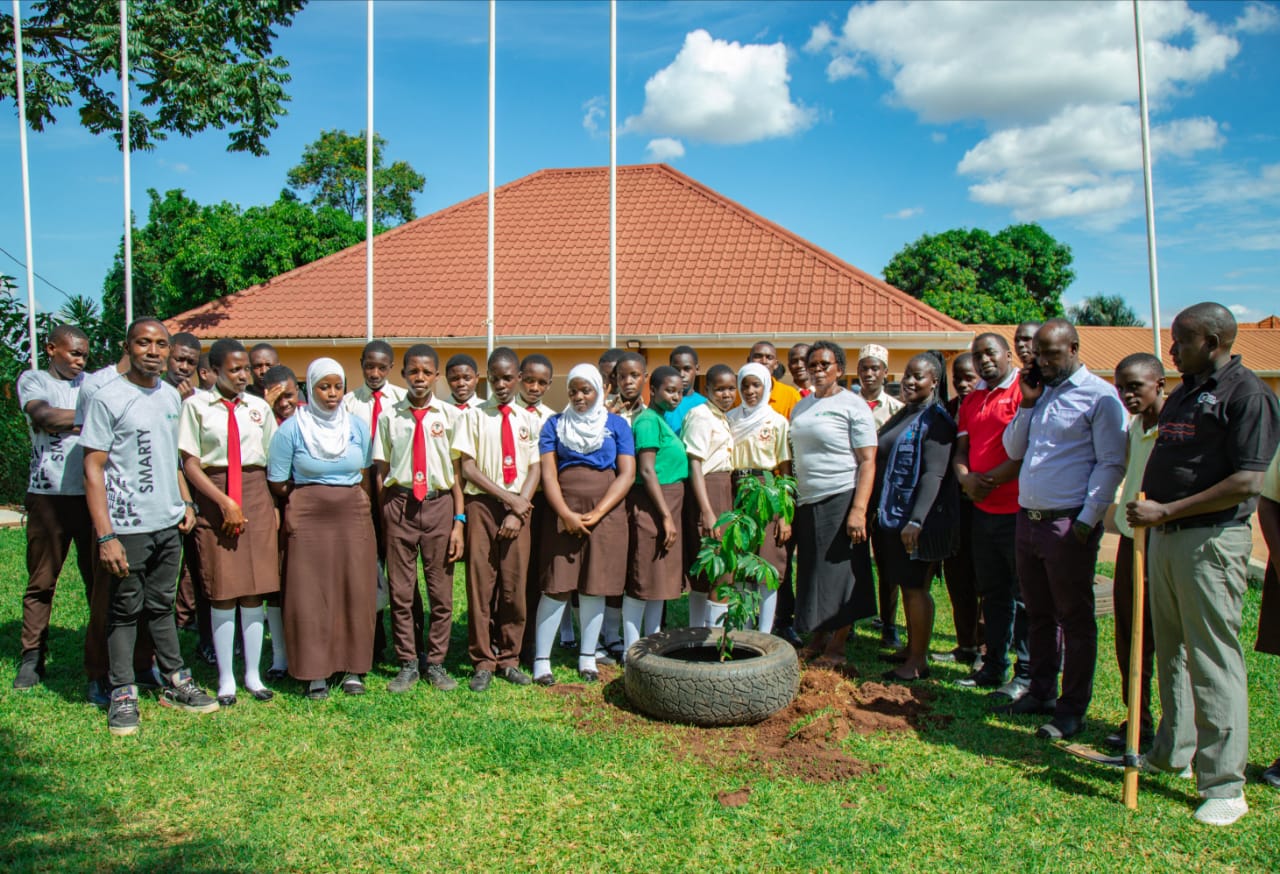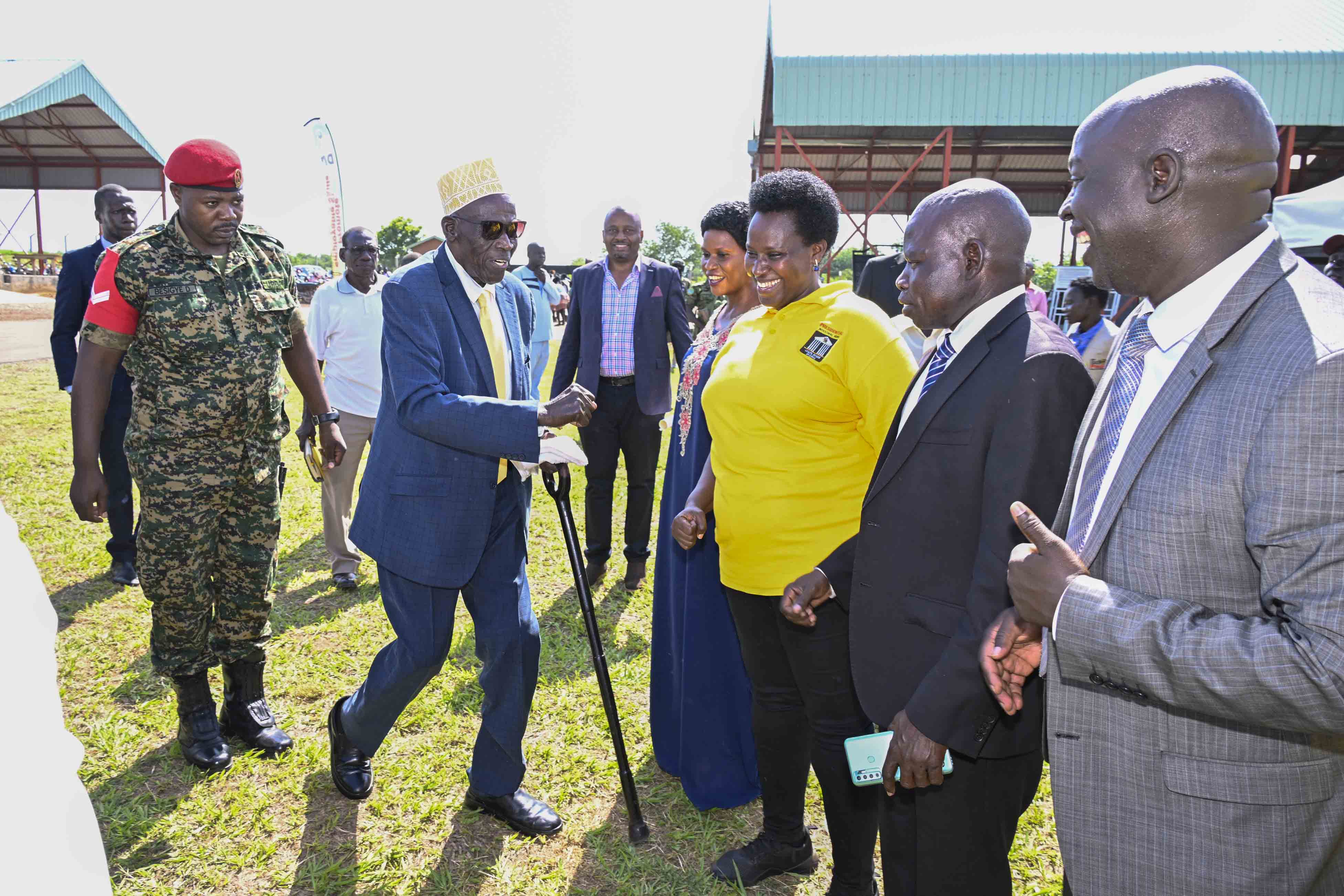Odaka: Why Museveni’s Presidential Addresses Are Falling on Deaf Ears
By Odaka Asuman
In 2018 Mr. Museveni has addressed the nation more than in any particular year since 1986 when he came to power, yet his ratings and people’s confidence in him as an effective and truthful manager of our country is in a speedy downward fall after every public address.
When Mr. Museveni came to power in 1986, Uganda's total population was about 13,641,000, about 42% (5 727,220) of these were below 15 years, 38% (5,193,580) were above 40 years. The remaining were in between there. Mr. Museveni himself was allegedly 42 years and he has been in power for almost 33 years, he celebrated 74 years recently.
Going by the opinion that the life expectancy was 41 up to around the year 2000 and now its at 61(if Mr. Musevenis word is anything to go by), this effectively means that all those Mr Museveni got when above 30 years and are not dead because they couldn't afford the quality of life lived by Mr. Museveni and his cronies are supposed to be either pensioners or retirees and benefiting from the elders fund as they advise the young leaders from the background especially as regards our history.
From within this age group, the number has nevertheless dwindled yet its the group that finds Mr Museveni's messages appealing. They continue to dangle and peddle Uganda's historical challenges and glorify themselves for courageously confronting the challenges of their own time while expecting the young to worship them for the actions they undertook to better their generation without any clue that challenges, demands, needs and relevancy of massages have long changed.
Today Uganda is about 43,000,000 people. It’s therefore correct to state that over 30,000,000 people were born during Mr. Museveni's regime.
Yet these are at the centre of opposing Mr. Museveni, something which is incomprehensible to him. The younger generation face new, dynamic and more sophisticated challenges completely different from the small dwindling age bracket of Mr. Museveni.
For example their problems were colonialism ours concerns democracy, theirs was building schools yet ours concerns literacy ratio, theirs was graduated tax ours concerns OTT, theirs was distance to or from the bank, ours concerns mobile money tax, their was lack of sleep ours concerns lack of employment opportunities. Theirs were lack of essential commodities ours concerns counterfeit products in the markets, theirs were lack of educated young men to occupy leadership positions ours concern limited political and leadership spaces, the list is limitless.
This misunderstanding of differences in the needs of the two differing generations is what what renders Mr. Museveni's messages irrelevant, insensitive and completely out of touch with realities yet still demanding that we worship his outdated messages, accompanied with the arrogant manner in which its communicated.
Even as regards to good governance, the way it has been conceived, debated, implemented and enforced by the regime greatly represents only a triumph of form over substance. They have narrowly conceptualised democracy in the form of elections, quasi multiparty arrangements and state institutions to the detriment of full interrogation of realities of democracy. Mr. Museveni should note that we demand for democracy in the most substantial way not because we eat democracy but, in it we hope that conditions will reward hard work and merit not just to vote and go to sleepy many times hungry.
The right to vote is meaningless in the face of chronic poverty, unemployment, injustices, nepotism tribalism, impunity, and pervasive corruption.
Mr Museveni also wants us to worship him and his group for increasing our GDP of 5bn/- in 1986 to close to 30trln- now. But economic prosperity and encouraging GDP figures are meaningless if the people are not free to enjoy the fruits of that prosperity or all the prosperity ends up into the pockets of relatives, friends and in laws. The expression of the human beings and the exercise of their rights of assembly, association and expression and is equally meaningless to have democracy without peace. And in this context peace doesn't mean the absence of open war, it includes being certain about the future of the country. All these, Mr. Museveni neither addresses them in his words nor represents whether expressly or by implication.
And this is the source of Ugandans obsession with #HEBobiWine phenomena and the *People Power crusade*. Hon. Kyagulanyi represents new brand, new solution and new vehicle. He is a complete departure from the past political dominance and occupation. His rise from grass to embody and personify the struggle for a dignified Uganda gives us hope that hard work pays. All he has achieved can be traced to himself and in a clean way.
He may not have any solutions (as Mwenda and collegue want us to believe) but he firmly speaks about our plight and represents our generational struggle. His role is not to formulate any policy because we have a lot of policy experts, not ideology because Ugandan problem is not ideological and not to give money because his story tells us how to get money.
This generation has diagnosed its problems and on top of the list is the intransigent leadership of Mr. Museveni and some of his agents who masquerade to be in opposition. But we have never been so hopeful to over come.
*For God and my Country*
The writer is a member of JEEMA and a former MP candidate, Tororo Municipality 2016
WhatApp:+256753195384













